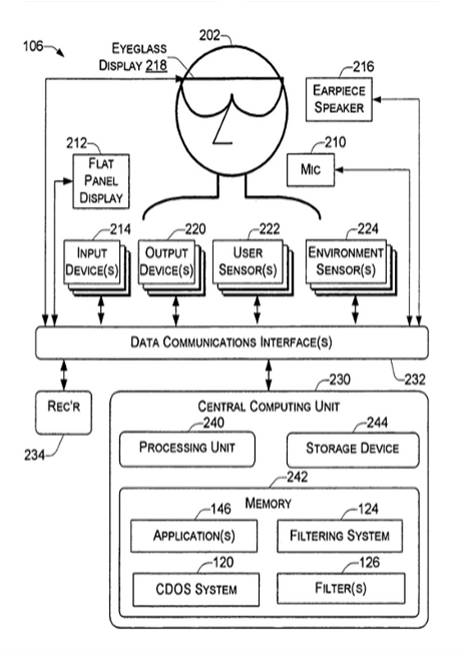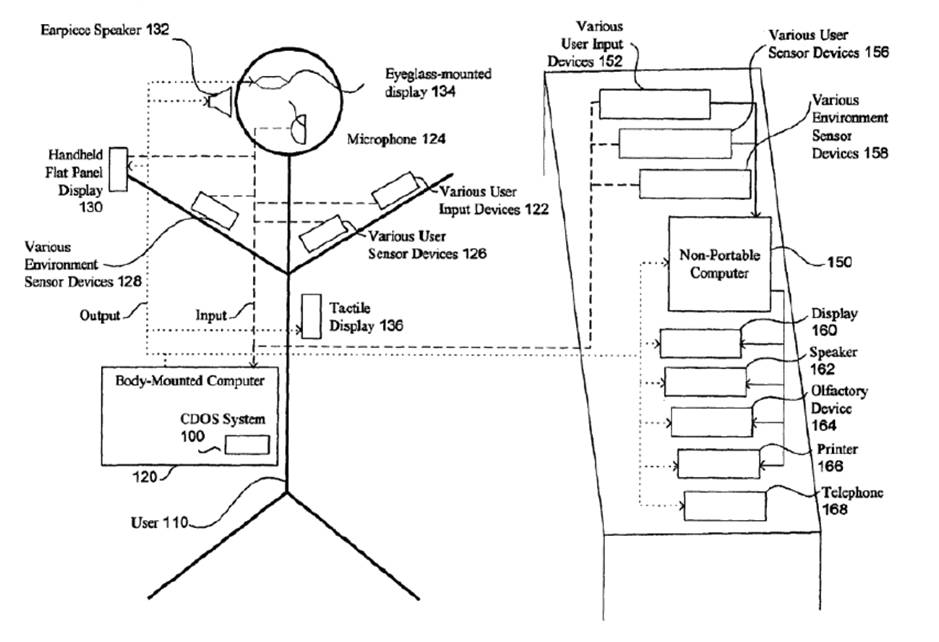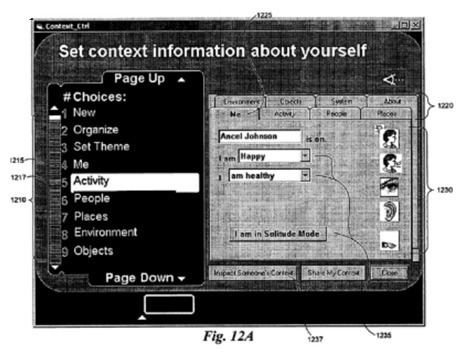Posts Tagged ‘Microsoft’
Update: Should candidates to high office should pass a cognitive/ mental fitness test?
Wow, that was a couple of very insightful discussions, via social media no less. #1. The first one was about whether heads of state and candidates to high office should pass a cognitive/ mental fitness test. Click HERE to read and discuss some of the sharpest comments, such as… “I wonder what brought this up.” “Definitely. We routinely screen…
Read MoreMicrosoft announces support for three innovative mental health services harnessing artificial intelligence (AI)
Through our work in the Microsoft AI for Accessibility program, we have learned there are big gaps in mental health services around the globe. In some countries, there may only be one mental health professional per 100,000 people. When paired with the reality that 1 in 5 people have a mental health condition, we are asking how technology can and should…
Read MoreNext: Augmented Reality (AR) and Virtual Reality (VR) meet brain scanning and human enhancement
— Facebook, Apple and the Coming Augmented Reality Land Grab (Variety): “Two new reports suggest that two of Silicon Valley’s biggest companies are secretly working on augmented reality (AR) technology. It may take some time before Apple is going to reveal its efforts in the space, but Facebook may give us a glance at its…
Read MoreTailoring computing experience based on user’s mental state and quality of attention: Key neurotechnology patent #30
Today we highlight a fascinating 2008 patent assigned to Microsoft, discussing assessment techniques such as pupil tracking or head orientation sensors to identify where and what the user is focused on–and what types of information and/ or notifications to display accordingly. U.S. Patent No. 7,395,507: Automated selection of appropriate information based on a computer user’s context.…
Read MoreManaging information flow based on user’s mental state and cognitive load: Key Neurotech Patent #19
This is another fascinating 2005 patent assigned to Microsoft, helping manage the presentation of information based on user’s mental and physical state and cognitive load (and, yes, desired level of privacy). U.S. Patent No. 6,874,127: Method and system for controlling presentation of information to a user based on the user’s condition. Assignee(s): Microsoft Corporation Inventor(s): Dan Newell, Kenneth H.…
Read MoreHow Microsoft anticipated wearables, machine learning and cognitive enhancement: Key Neurotech Patent #18
Let’s discuss today a fascinating patent assigned to Microsoft back in 2015. (As mentioned, we are featuring a foundational Pervasive Neurotech patent a day, from older to newer by issue date) U.S. Patent No. 6,842,877: Contextual responses based on automated learning techniques. Assignee(s): Microsoft Corporation Inventor(s): James O. Robarts Eric L. Matteson Technology Category: Neurocognitive Training Issue Date: January…
Read More





